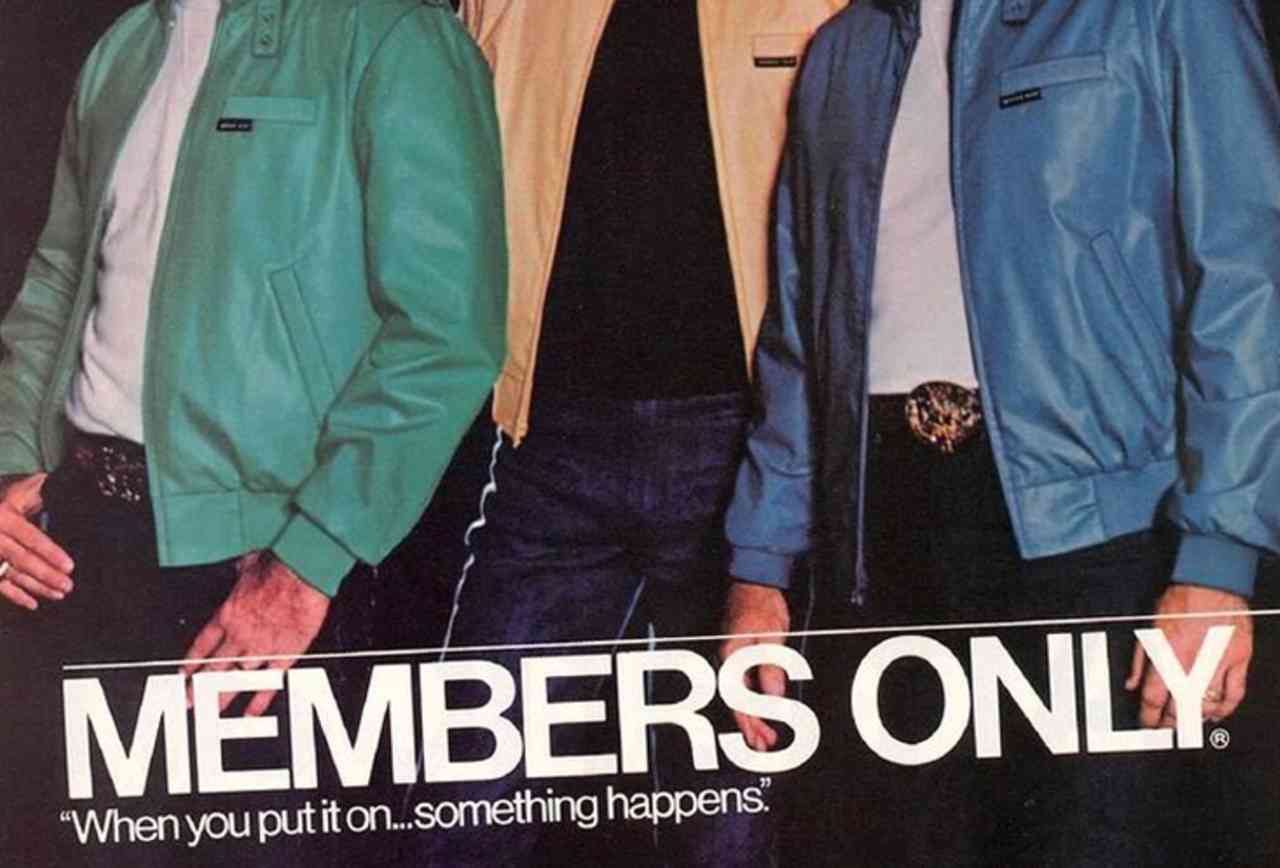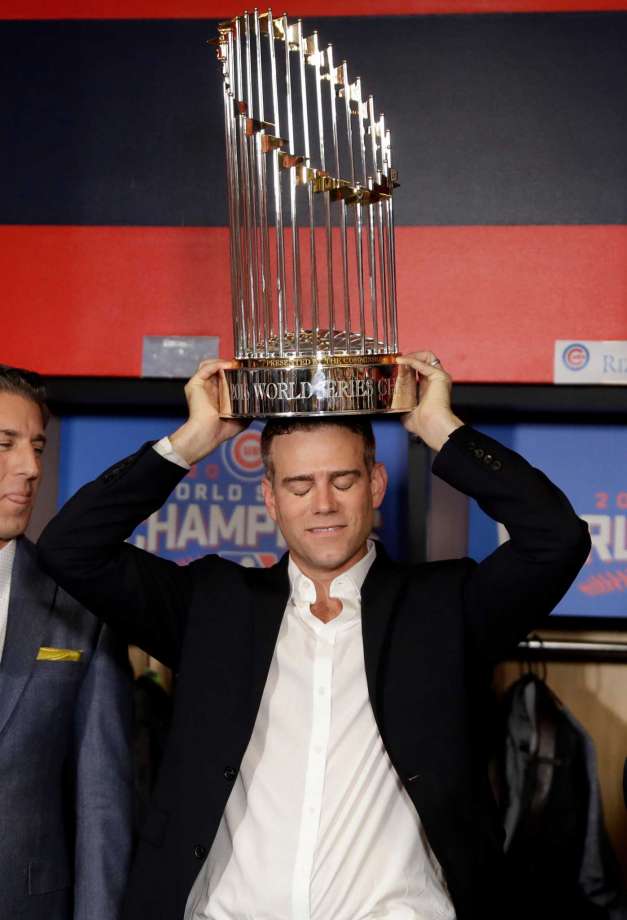Reader Chris sent this link to an American Thinker essay yesterday and I was tempted to repost it here, but thought it was too long. It hasn't gotten any shorter since then, but with nothing else going on, what the heck.
From September, 2013 - imagine what the writer could add today.
Watching Hillary get a Liberty Medal on September 10, the day before the anniversary of the attack on the United States soil and the more recent murder of our ambassador and others in Benghazi, I think it's time to review the record of a woman whose life is marked by deceit and professional failure and ask about the sanity and judgment of her ardent supporters.
Hillary came to public attention with her graduation speech at Wellesley College.
She was chosen for this honor not because of grades or character or service to that community but because her influential roommate threatened a strike if she were not allowed to speak. Once the school caved to this demand, Hillary -- who just two years earlier supported Senator Edward Brooke, the first black American to be elected to the Senate -- hurled a vicious attack on him.. The charges were hurtful to him and without substance. As Christopher Andersen recounts:
Hillary offered nothing more than the muddled, sophomoric peace-and-love dogma that was so prevalent on campuses at the time. And, predictably, when it was over, Hillary's mesmerized classmates leaped up to their feet and cheered.
What difference does it make? Doesn't this reflect on the inconstancy of her political views and loyalties, her willingness to demagogue and slander and to use muscle to promote herself? What does it say about her empathy for Black community whom she professes to support?
From Wellesley she went to Yale law school after which she moved to Washington, D.C. to take a job with the House Judiciary Committee investigating Watergate. She was fired from her job and from that point on distinguished herself as a public master of mendacity.
Jerry Zeifman, a lifelong Democrat, supervised the work of the 27-year-old, fired her, and has explained why:
"Because she was a liar," Zeifman said in an interview last week. "She was an unethical, dishonest lawyer. She conspired to violate the Constitution, the rules of the House, the rules of the committee and the rules of confidentiality."
What difference does it make? It should seem obvious that she does not feel constrained to follow ethical or legal constraints, and therefore presents a danger whenever she finds herself in a position to exercise power.
At about the same time, Hillary failed the District of Columbia bar exam, hardly one of the more difficult bar exams in the country. What difference does it make? I realize that many voters have uncritically adopted Bill Clinton's description of her as "the smartest woman in the world", but except at deceit, self-promotion, and self-enrichment she is a repeat, proven failure whenever tested.
In 1978 she turned a $1,000 cattle commodity trading account into $6,300 overnight and within 10 months into a $100,000 profit. While she first lied and claimed she learned how to make this incredible investment profit in the riskiest of endeavors by educating herself on commodity futures, in fact she was the beneficiary of preferred treatment by an Arkansan when her husband was Arkansas attorney general and slated to become that state's governor, when in other words Bill was a person in a position to provide favors in return.
The odds of this happening except by design (and preferential treatment ) were calculated at one in 31 trillion. The IRS was somewhat less impressed by the failure to account for income and pay taxes on it, and she was forced to pony up. There was no investigation that time.
What difference does it make? If you think it's important to have in positions in power someone who can lie without missing a beat, no matter how implausibly, she proved then and a number of times afterward she can do it.
Not all her lies were for herself alone. She regularly covered up her husband's misogynistic attacks on women, apparently accepted without protest his nuts and sluts defenses, and no one did a better job than she when pretty in pastel green and with a nice girlish headband she stood by her man while incongruously insisting she was no Tammy Wynette.
What difference does it make? She made a mockery of the feminist and Democratic claims that they were going to bat for women, working to make sure they had equal and fair treatment. The feminist movement sacrificed its moral sway on these two who would have pulled off the years-long deceit but for a providently saved little blue dress.
Hillary's corruption and preposterous lies continued into the White House. Special prosecutors investigating an apparently corrupt loan and land development deal had conducted subpoena searches for Hillary's law billing records which she claimed had gone missing.
...they were suddenly turned over to the prosecutors by a White House aide, Carolyn Huber. Mrs. Huber said she had found them on a table in a room in the White House living quarters last August and put them in a box, then had realized this month that they were the records that had been subpoenaed.
Hillary became the first First Lady to have to testify to a federal grand jury. In the end she wasn't indicted in the Whitewater scandal, in part quite obviously because of the unlikelihood that an overwhelmingly Democratic jury in the District of Columbia would ever convict her. What difference does it make? Someone who so obviously lied to escape criminal jeopardy would drive confidence in the fairness and honesty even lower than Obama has and a society in which the leaders are held in such disregard is a vastly weaker one in every respect.
At the time David Maraniss and Susan Schmidt wrote a detailed account of the controversy and had this to say about the missing/late found records and Hillary's treatment of them
How a public figure reacts to a controversy can be as important as what happened in the first place.
[snip]
From the beginning of the Whitewater controversy, Hillary Clinton has maintained a public posture seemingly at odds with her actions. She was reluctant to release records during the 1992 campaign. She fought David Gergen's recommendation to turn over all the records in 1993. She led White House opposition to the appointment of a special counsel in early 1994.
There appears to be a four-year pattern of Hillary Clinton avoiding full disclosure, occasionally forgetting places and events that might embarrass her, and revising her story as documents emerge and the knowledge of her questioners deepens. This article examined only one of several areas where her answers could be analyzed. Similar studies could be done in other areas, including the original Whitewater investment itself and the extent to which the Clintons were equal yet passive partners with the McDougals, as they have maintained.
In 1993 she made serious but untrue allegations about pharmaceutical companies gouging providers on children's' vaccines.
Based on Hillary Clinton's proclamation of a nonexistent crisis, Congress had been stampeded into passing unnecessary legislation. And even though the worst features of the administration plan had been dropped, the country was still stuck with a program that was more costly, cumbersome and wasteful than the one it replaced. What's more, the alarming statistics Hillary had cited on the rise in prices of prescription drugs were another myth. It turned out that the Labor Department statisticians had gotten the numbers wrong.
This news came too late for investors. The threat of price controls had caused the blue chip pharmaceutical stocks to decline as much as 40 percent, wiping out over $1 billion worth of market capitalization. Some smaller biotech companies were put out of business permanently.
Only short sellers profited, among them a private hedge fund called ValuePartners I, run by Smith Capital Management of Little Rock, Arkansas. Hillary Clinton held an $87,000 stake in Value Partners I, which also owned a block of stock in United Healthcare, an HMO that stood to benefit under the Clinton reform plan. Lois Quam, a United Healthcare vice president, was a member of the task force.
Unlike the Carters, Bushes and Reagans, the Clintons failed to put their assets into a blind trust when they moved into the White House. Hillary resisted the notion that her financial affairs were anybody's business but her own, and she reasoned that since she was not a government employee and the money was in her name, she didn't have to resort to a trust.
What difference does it make? Odd that a program that made vaccinations for children more costly and difficult to obtain benefitted Hillary (and Bill) who had demagogued through this bill using false statistics.
At the same time she barreled through that loser her husband drafted her to head a Task Force to draft new health legislation, Her clumsy handling of the Task Force certainly added to the opposition to this wonk wet dream and by 1994 it was dead. What difference does it make? Yet again we see that she trusts few people, listens to fewer, has a blinkered , highly-exaggerated view of her abilities to formulate or execute legislation.
The day after she was awarded the Liberty Medal, the Washington Post broke yet another Hillary-linked scandal.
A D.C. businessman under investigation for having financed the campaign of the mayor and others, was found to have contributed over $600,000 to Hillary Clinton's get-out-the-vote campaign in 2008. His contribution was not disclosed by Hillary's campaign or by Thompson in violation of the Federal campaign laws. The person paid by Thompson to do this work also failed to file corporate income tax which would have revealed the payments. That man (Mr. White) has admitted that he coordinated his efforts with the Clinton campaign. His contact there seems to have been former Rainbow PUSH coalition organizer Minyon Moore, Clinton's director of political affairs in the White House and a senior adviser to Hillary's 2008 campaign.
What difference does it make?
Mrs. Moore, for her part, provided Mr. White with "confidential internal information" about the campaign's itinerary, and arranged for a Clinton campaign office to give campaign materials to his workers to hand out, according to the documents. Mr. White is now cooperating with what the U.S. attorney says is a "continuing investigation." That's an ugly prospect for Hillary 2016.
The shady money funneling is bad enough, but it takes on an extra dimension because Mr. Thompson's accounting firm was a significant government contractor, providing services inter alia to a number of federal agencies, departments, and the Congressional Black Caucus and many big-name Democrats are the recipients of even his above-board contributions.
As Secretary of State, Hillary proved even a bigger disaster to the country.
She, who had failed to provide the begged-for security to our ambassador and officials in Benghazi and who seems to have done nothing but participate in the bald-faced lies about the murderers and their motive was, in fact, the author of the Red Line dare that has plunged Obama into a Syrian disaster.
The red line was not a gaffe it was the considered policy of the United States. This, if anything, makes the whole incident more egregious as the nation was consciously committed to acting militarily (see Clinton's statement about "contingencies" and "response") in case of chemical weapons use in Syria and yet it is obvious no planning was ever accomplished in anticipation of such an event. Yet another blunder by the administration comes home to roost.
Rick Ballard sums up her foreign policy and how it proved an utter catastrophe:
The NYT is drawing attention away from [Hillary] by focusing on [Obama]. Arab Spring belongs to [her]. It was supposed to be a demonstration of her mastery of foreign policy and her "team" of Abedin, Powers and Rice were supposed to demonstrate how marvelous women were in applying "soft" power to effect "change". It began to go just a little off track when [Gaddafi's] intransigence in resisting the Franco/US/Brit coup led to the delivery of a few thousand tons of kinetic humanitarian aid to alter the hearts and minds of Libyans who had not yet demonstrated sufficient affection for the bright future designed for them in DC. It continued to drift further from Clinton's objective when the Egyptian generals determined [Hillary/Obama] had no intention of fulfilling the promises which had induced the generals to allow the Muslim Brotherhood to play FaceBook revolutionaries, so the generals took the KSA/Gazprom hard cash offer and squashed Huma's buddies like bugs.
Syria is just the last gasp of the Clinton Arab Spring idiocy and [Obama's] promise of a gentle tap with just a few hardly noticeable Tomahawks was just a continuation of the soft power idiocy promulgated by Clinton and her shrews. The same crew are wholly responsible for the Benghazi fiasco where Clinton's denial of funding for adequate security led to [Gaddafi's] arms stockpiles drifting into unkind and uncaring hands.
What difference does it make? Do we really want to follow the community organizer who failed to get the asbestos out of Altgeld Gardens with the woman who has lied, cheated, instigated wrongheaded legislation, botched our foreign policy and seriously diminished our role on the international stage? It's fine with the Washington Post's Ruth Marcus, who saw Hillary get the Liberty Medal and is as agog at the possibility as the jejune Wellesley grads were delighted when Hillary shocked the staid graduation ceremony by leveling her unwarranted attack on Senator Brook:
The men who gathered here 226 years ago to draft a new national charter never imagined a woman as president. Indeed, as Clinton noted, it took a constitutional amendment more than a century later to extend to women the right to vote, and "we are still on our way to that more perfect union."
On a steamy September night, it was not hard to imagine what progress she had in mind.
 Henry Blodget, who was himself permanently barred from the securities industry for lying to his clients, is out with his horrified prediction of what a Trump residence will be like:
Henry Blodget, who was himself permanently barred from the securities industry for lying to his clients, is out with his horrified prediction of what a Trump residence will be like:









